
06 Feb For BLACK HISTORY month these leaders shared ideas on how to spur progress on black equity in the us. here are their replies. What’s yours?
For Black History Month, I asked some people whose ideas motivate and challenge me to contribute a short reflection with a very specific prompt in mind: What is an action you believe either you, we or someone else needs to take to bring us even a step closer to racial equity – specifically regarding Blacks, African Americans in the US? Here’s what they had to say – and by the way — please share what you think too!
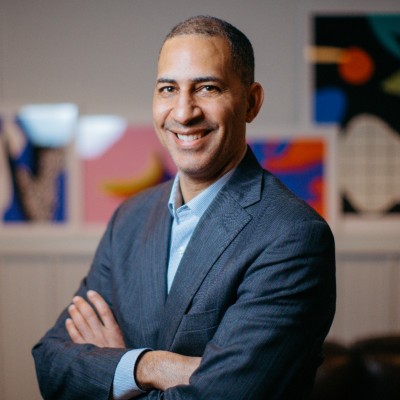
“We need to strengthen and increase black ownership – whether home or business it is the path to greater power, influence and self determination in this country.” Glynn Lloyd, CEO, Mill Cities Community Investments
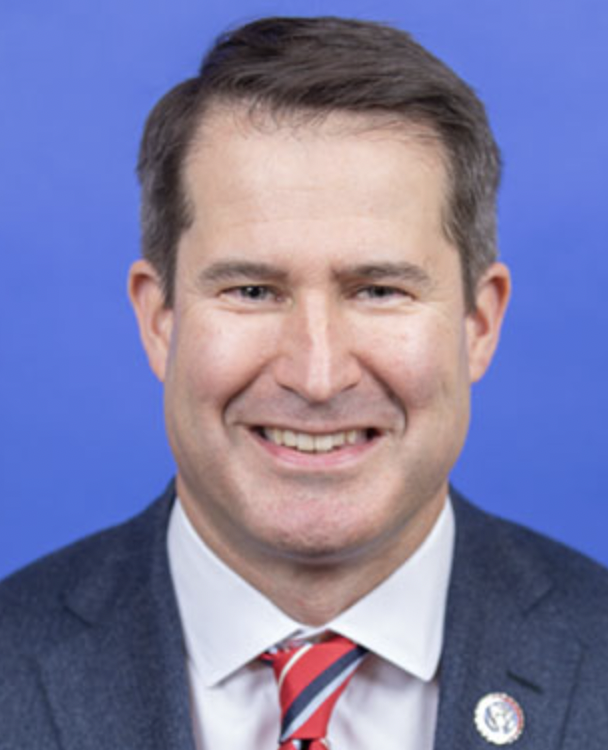
“America is strongest when everyone is given opportunities to succeed. But most Americans don’t know that after World War II, over a million Black veterans who fought for our country did not benefit equally from the same G.I. Bill benefits that transformed the lives of white veterans for generations to come. It’s finally time to pass my GI Bill Restoration Act and correct this injustice by providing Black WWII veterans and their descendants the benefits they deserved six decades ago. Let’s also level the playing field for future generations by addressing educational achievement gaps and making community college tuition free so everyone has a fair shot at success in America.” Congressman Seth Moulton (D-MA 6th)
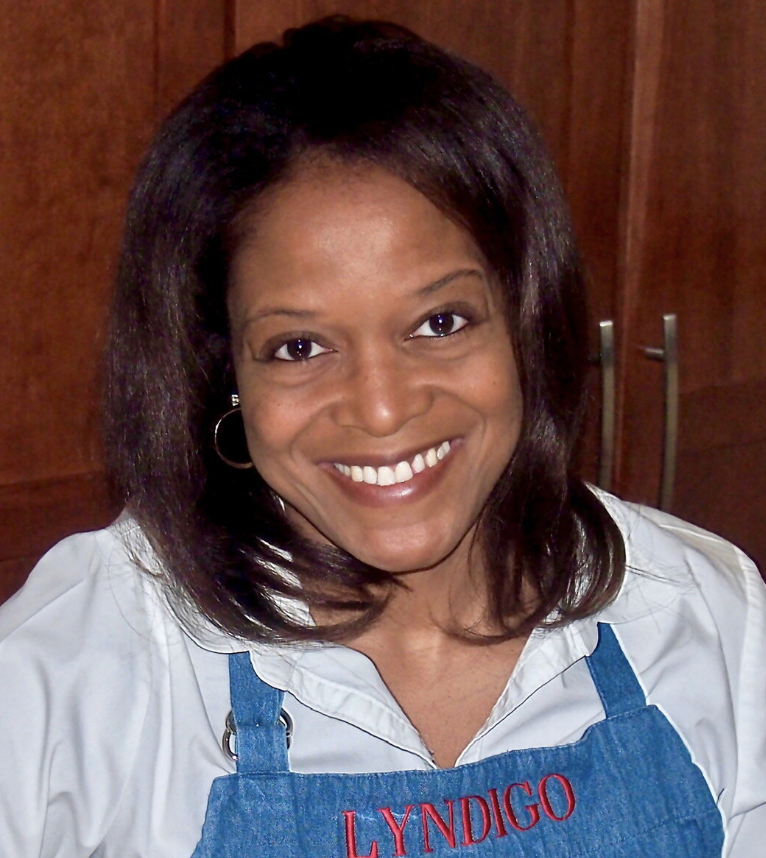
“Stop hindering Black people from getting ahead. Stop using Black people to get grants and government resources for your company then turn around and fire them. Start paying Black owned companies what you would pay another company for their services. Support a Black-owned business year-round, not just in February. Stop redlining and creating & supporting housing programs that will inherently cause a Black homeowner to lose their house, hindering them from creating generational wealth for their family.” Celeste Croxton-Tate, Entrepreneur/Owner, Lyndigo Spice and Boston Police Officer
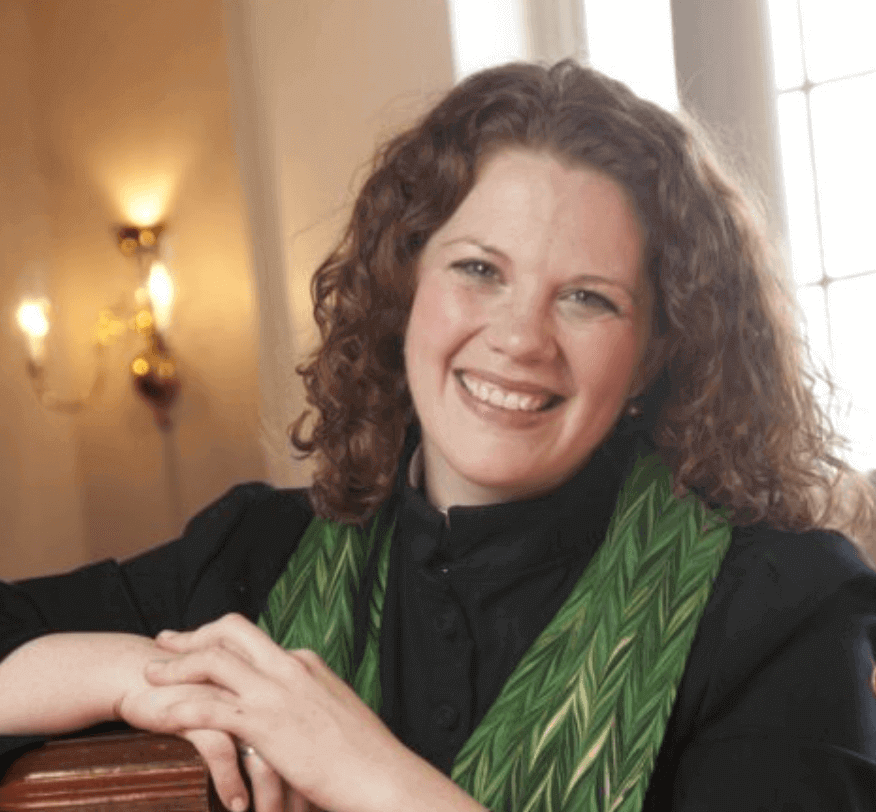
“For those of us who are white, I think we need to stop asking Black people to be our saviors. We do this in subtle and explicit ways. For those of us who are Christians, we have a Savior; for those who aren’t, it’s a massively unfair burden to continue to keep asking Black folx to do our work. It’s cruel and unfair. My deep hope is that we can recognize the ways that antiracist work is necessary for our collective liberation, and commit to it for our own well-being too.” Rev. Laura Everett, Executive Director, Massachusetts Council of Churches, textile artist, & author, “Holy Spokes: The Search for Urban Spirituality on Two Wheels”
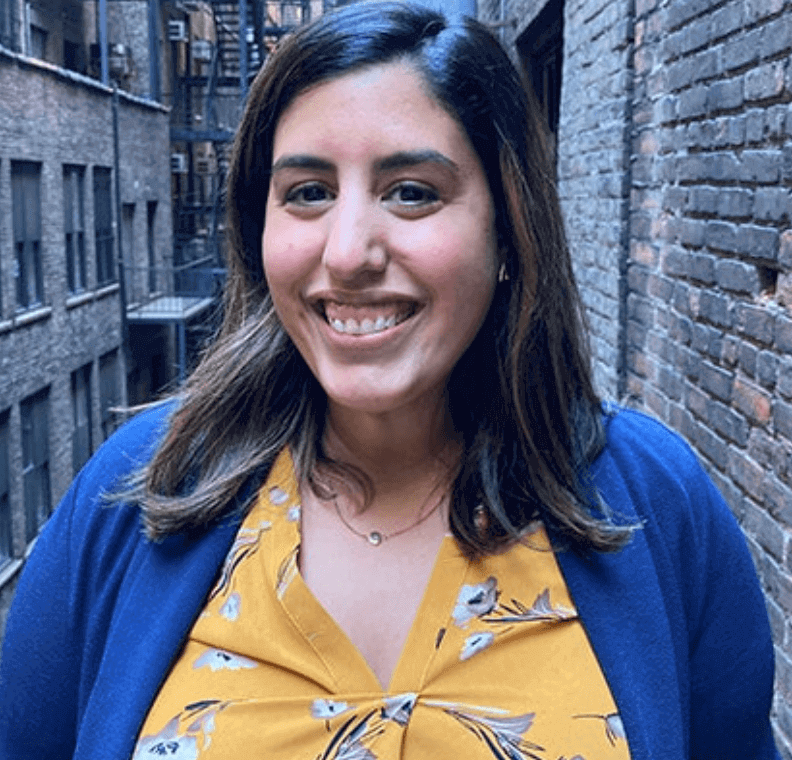
“We (adults) should listen to Black young people, and seek to understand how different ways of learning about Black History either helps or hinders them to build the future of their choosing. This story, “Black History Is More than Just Slavery” by Savannah Milton, is a great place to start: In it, she writes: “When I learn about historical figures who look like me achieving great things, it shows me that a lot is possible despite the odds I may have to face”. Betsy Cohen, Executive Director, Youth Communication
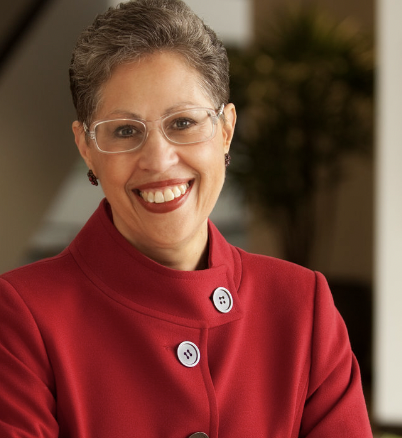
“I have no ‘little gems..’ Watch the news and the answers are obvious. I am tired and disgusted.” Susan Windham-Bannister, CEO Biomedical Growth Strategies
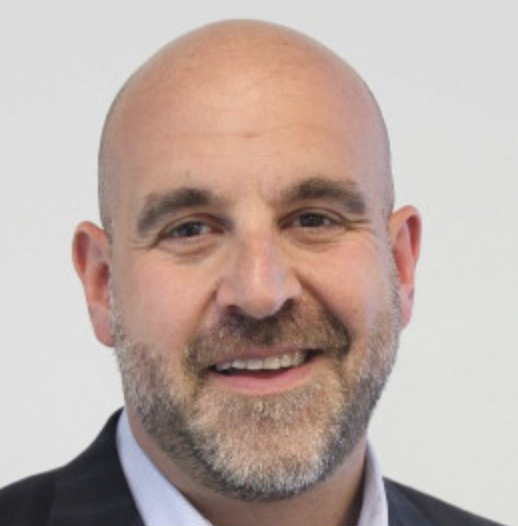
“First, we all, but particularly white Americans, need to acknowledge our role in upholding the structures and systems that enable white supremacy to persist and erode our common humanity. Then, we must work – with intention – to ACTIVELY name and dismantle those systems while ensuring that those most marginalized, whose progress has been most stunted by said systems and structures, are leading voices and actors in building societal scaffolding that enables equity, inclusivity, and opportunity for all.” Bob Giannino, Ansin President and CEO, United Way of Massachusetts Bay and Merrimack Valley

“First, be honest about whether or not as an ally you truly care. You cannot do this work without first undoing, dismantling…and it is an iterative journey. We don’t need a savior. We need you to pause and sit in your discomfort, to do YOUR work to face what you have done or NOT DONE to support the Black community, to read, listen to Black voices (however they choose to express themselves). Start being intentional about where you spend your dollars, whose voices you give platform/audience. Stop centering yourself. Lean into the hard. Keep going…keep undoing…there’s so much work to do.” Tameka B. Moss, Principal, TBM Consulting & Co-Founder, the Business Equity Initiative
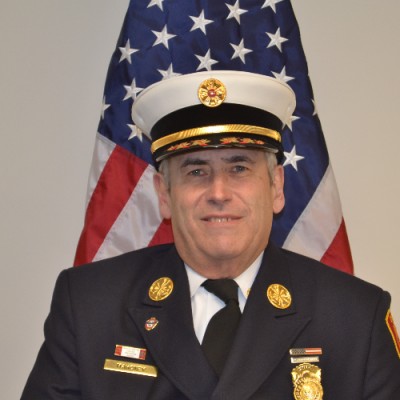
“To create genuine opportunity for the diverse talent that wants to serve the public, we need to remove institutional barriers that give certain groups an upper hand in hiring, particularly in public service. The playing field needs to be equal access for all.” Gerry Mahoney, Fire Chief (Retired), City of Cambridge, Massachusetts

“I have realized as I am older that my white friends and I have a different experience of generational wealth. Many friends have recently seen changes in their material lives because parents or older relatives have passed away and have left them legacy gifts, which of course is a different experience for those of us who came from families less well off or migrated. I wonder if we had a fund or if folks inheriting generational wealth (wealth that has not come out of their direct labor) could direct 10%. 20% 50% whatever they wanted to a fund that would be used to build generational wealth for communities less likely to have that.” Dimitry Anselme, Executive Program Director, Facing History and Ourselves

“As individuals in a prosperous society we all need take responsibility for fixing underperforming public school systems that are consistently failing Black and brown communities across the country.” George Matouk, CEO, John Matouk & Co.
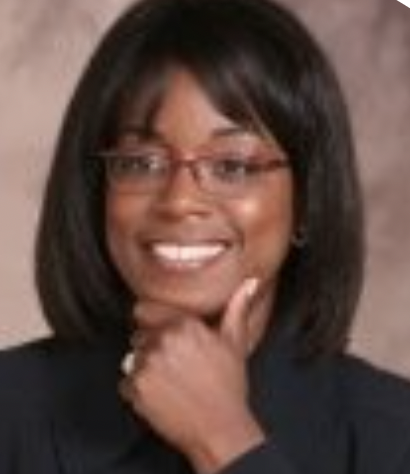
“I’ve spent most of my professional life feeling the need to have my guard up and wear a mask in professional settings, particularly when those settings are all or mostly white for fear that white women (in particular) will perceive me as angry or upset given my direct, decisive and, at times, opinionated nature (by the way, the more passionate I am about something the more opinionated I become). I call this “Black Woman PTSD” and t’s a very real and a very unique reality. I can also be in that direct, decisive, opinionated space when I have lots on my plate and need to move quickly to get through the day efficiently. I am very aware that my direct style can sometimes be a challenge for others. So, I work really hard to be direct yet temperate, and to be decisive yet collaborative…and at times it’s exhausting. This is why Black people have higher levels of stress which leads disease like high blood pressure, heart attacks, etc. We are not predestined to this dis-ease state. It’s due to toxic stress created by systemic injustice. The lesson: white people need to shift their internal, deep-rooted, negative perceptions about Black people and Blackness before they declare themselves “woke”. Mindset is everything. Finally, let’s have this conversation 365 days per year, not just during the 28 days of February.” Lori Smith Britton, Founder and Principal, Community Resource Consulting LLC

“It would be gaslighting to believe any answer to this question, as a privileged white male, could possibly be about what anyone should do other than myself. But I won’t make up an answer, either. The best I can say is that I need to find actionable resources. Plenty fill my content feeds with reasons to be upset about racial inequality in the United States, but I’m struggling to find ways to meaningfully apply myself to the work. Finding a direction is what I need to do most.” Nick Zeckets, CEO Air Traffic Control
“Unyieldingly push to ‘be the change that you want to see in the world.’ If we’re successful in our individual mission objectives, then we’ll move the needle as a collective. There are formidable competitors working diligently and quite effectively to preserve the deeply entrenched status quo. We must strategically push together with a greater force and overtake.” Saeed Coates, President and Portfolio Manager, The GPG Companies

“Enact universal school choice, enabled by policies such as education savings accounts, vouchers, tax-credit scholarships, additional charter school authorizations, and more freedom to cross geographic school district boundaries, so that educational opportunities and outcomes for Black children are dramatically improved.” Ira Stoll, Managing Editor, Education Next, Founder and editor, FutureOfCapitalism.com
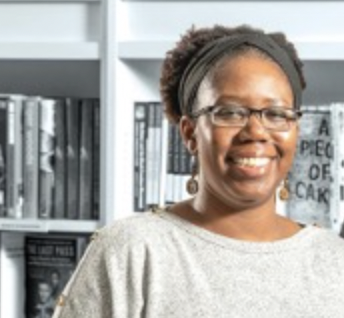
“The action I feel that would bring us closer to Black equity in this country is to fix the unequal distribution of wealth that has divided Black and Brown people for centuries. Closing the wealth gap to offer economic mobility is a big part of the solution.” Clarissa Cropper Egerton, Co-Owner, Frugal Bookstore
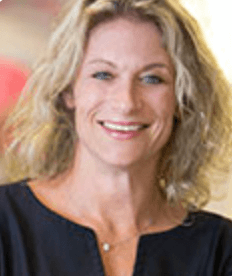
“My daughter came home from school one day and asked how we celebrated Black History Month when I was her age. I said, ‘We didn’t.’ Looking horrified, she replied, ‘Why? It’s so important to celebrate everyone’s history so we can learn how to walk in their shoes.’ She’s seven.” Hillary Schafer, CEO, Multiplying Good
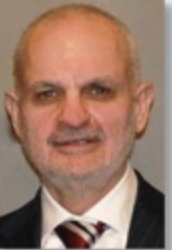
“If this could be answered in one or two sentences, the problem would have been solved long ago. One suggestion: the black community needs fewer ideas from white liberals and more self-generated proposals.” Al Gordon, Former Deputy Treasurer, Commonwealth of Massachusetts

“Simply developing the understanding that people are more alike than we are different would help to set the foundation for achieving equity. But we cannot get to that place without first valuing black lives the same way we value white lives, for example by addressing racially disparate treatment in the criminal justice system that has enabled racially motivated murder, inequitable arrests and sentencing to continue for the nation’s entire 246 years.” Jane Adler, Senior Vice President, Commercial Real Estate & CRA Officer, Brookline Bank

“Years ago I thought I understood Black History in the United States, that was until I spent hours in the Museum of African American History and Culture in Washington, DC, I walked out a changed person. No matter how much you think you know, you need to lean in and keep listening and learning.” Ryan Hutchins, Regional President, Gilbane Building Company
A note about this project: I asked many people for their take on Black equity for this post. Some demurred, saying that it was too hard to come up with a pithy response on the topic of achieving Black equity given how horrendous the situation is and how trite most of their attempts at answering it sounded to them. Others expressed that Black History Month itself is problematic because there is so much performative activity in February that means nothing and serves only to make the speaker seem caring. Even more just took a quiet pass. Maybe they didn’t have time or maybe some combination of these reasons kept them away. Others might have felt like a white person writing on this topic or gathering perspectives of others – including Black people – is just too much of the same stuff. I don’t judge any of these responses. In many ways they are all part of the statement this collection of reflections makes.
That said, I want to honor and thank those who did contribute. Many did joyfully and with enthusiasm for their ideas or points of view and others contributed reluctantly and with heaviness to their voices. I engage on this topic to demonstrate my belief that equity is a problem for the whole not just for the part that is excluded and diminished by discrimination. And I do it because through the Jewish mystical tradition called the Mussar I got exposed to the wisdom that humility is not muting your voice but instead is the commitment to take up “no more than my space and no less than my place.” I find purpose in some of my personal choices about addressing racial inequality though they are not adequate and constantly in need of more work; and I am also comfortable taking up some of people’s time to think about something important together and maybe even make some new connections to allies or new commitments to ourselves in the process. I did a similar poll of leaders who inspire me last month and will do it again in March. Please let me know if you’d like to participate.
Andy Tarsy is a coach, consultant and experienced executive. He leads a diverse team in the Emblem Network that tackles complex strategic challenges in support of leaders who are seeking to achieve impact, distinction, advantage and fulfillment in ambitious companies and organizations. He is also a partner in Conscious Customers.


Toni McGuire
Posted at 21:12h, 13 FebruaryOur family lived in St.Louis for a number of years. Our children attended a desegregated school, I worked in a community health center. We learned as a family, that we had a lot to learn about race and it’s impact on every community. And we made an important commitment- we committed to become intentional lifelong learners. We committed to recognize and learn and value the experiences of others. We embraced the communities in which we lived, worked, played and volunteered, recognizing each person for their history and their contribution to the greater good with humility, respect, and oftentimes awe. Life is a journey, that is more complete with the richness of experiences of the entire community. Embrace the journey. But most importantly, learn along the way.
Andy Tarsy
Posted at 00:01h, 14 FebruaryPowerful Toni. Thank you for sharing here.